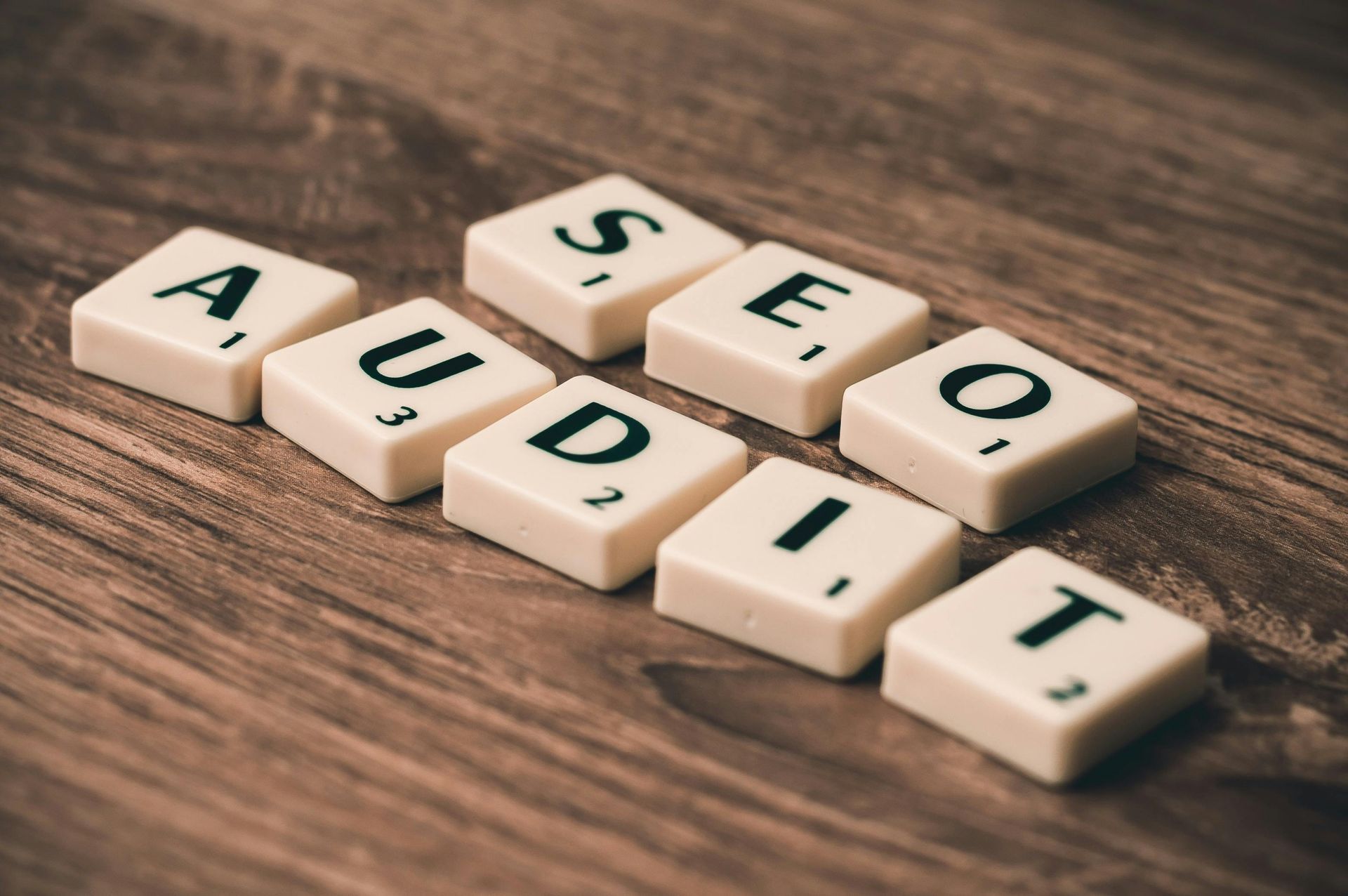Can Google Ads work for small businesses?
When it comes to web searches, small businesses have to fight to get noticed.
Your business isn’t Amazon or Nike or Coca Cola. Maybe you are operating in a small local area or selling a very niche product, so how can you expect to compete with the big boys?
You may be surprised to discover that, even for a small business, Google Ads’ pay-per-click (PPC) advertising service can make a real difference to how your company ranks in searches.
Google Ads is suitable for businesses with any budget and you can spend as much or as little as you like. You can limit your spending to ensure you don’t go over budget and adjust it as often as you need to.
So what are the advantages of Google Ads for small businesses?

Fast results
Reach customers at the right time
PPC advertising means you only pay when someone clicks your ad – and with Google Ads (which used to be known as Google Adwords), you can reach customers just when they are searching for what you have to offer.
With more traditional advertising, your adverts are reaching people who probably don’t want to see them, but Google Ads are only shown to people who are actively searching for what you have to offer. Anyone searching for the terms you choose eg ‘online flower delivery UK’ or ‘swimming classes Gloucestershire’ is more likely to come to your site and make a purchase after seeing your ads.
Flexibility
With Google Ads, you don’t just target keywords. You can target a particular audience eg mums in their 30s or men in a higher income bracket and you don’t have to choose between them, because you can target a number of audiences. You can even decide what time you would like your ads to be shown and on which devices.
Particularly important for small businesses, is that you can target certain locations – which could be a town, a county or a region. Targeting a particular location can help you get more customers from your local community, which is especially important if you have a bricks and mortar business, like a coffee shop or beauty salon.
Choose your landing page
One big advantage of Google Ads is that it lets you choose your landing page. If your ad is for your toddler swimming classes in Gloucestershire, you don’t want someone to click on your ad and end up on your home page or, even worse, a page about your adult swim classes in Bristol.
Landing on the right page first time will make visitors far more likely to go ahead and make a purchase.
Monitor your results
As a small business, it doesn’t make sense to throw money at ineffective advertising and, with Google Ads, you won’t need to. You can easily see which ads are working (leading to clicks and visits) and which aren’t, so you can adjust them as you need to.
When you know what is working well, you can decide where to allocate your budget for the future, to use your advertising in the most effective way.
Get ahead of the competition
Google Ads allows you to compete directly with your competition, even if your competition is a much bigger company. In fact, it’s worth taking a look at your competitors’ advertising to see if there is anything they are missing – because those gaps in their marketing are opportunities for you.
Look at the keywords your competitors are ranking for. Can you rank for the same keywords? If you bid more, you can rank higher for them and increase your own clicks and sales. Some companies will even bid on a competitors’ name, so that they will benefit from some of the traffic when someone types the rival company name into Google.
Even better, if your click-through rate is much higher than your competitors’ rate, you will improve your quality score with Google, which means you pay less for your clicks, helping to improve your return on investment (ROI).
Retargeting
One of the real strengths of Google Ads is its retargeting function. So once someone has been on your site, you can retarget your ads to them.
Visiting your site in the first place shows that they are interested in what you have to offer. Just because they didn’t buy first time around, it doesn’t mean that they wouldn’t consider buying from you at a later date.
So use Google Ads to retarget them – basically follow them round the web with your ads. It helps with a person’s awareness of your brand and is a reminder to them to go back to your site to finish what they were doing before. You can use this function either on a Google Search or on the Google Display Network (ads that appear on other sites on the web).
Google Ads do cost money and small businesses especially need to watch the bottom line. But if you are careful, they can be very cost effective indeed, particularly when compared to other forms of advertising.
To make the most of your Google Ads, it is sensible to spend time preparing your messages and landing pages clear before you start paying for your ads. Google produces plenty of material to help you make the most of your ads, so you can avoid any nasty surprises.
However small your business, Google Ads can definitely help with sales and business growth.
More Posts.







